Extreme heat or heatwaves are a period of unusually hot weather that cause people to become ill from heat-stress or heatstroke – which can be fatal.
Heatwaves can affect everyone, however those most at risk are older people, young children, pregnant women, outdoor workers and people with a medical condition.
Heatwaves kill more people annually in the U.S and Australia than bushfires, hurricanes, lightning, tornadoes, floods, and earthquakes combined.

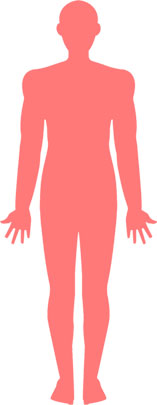

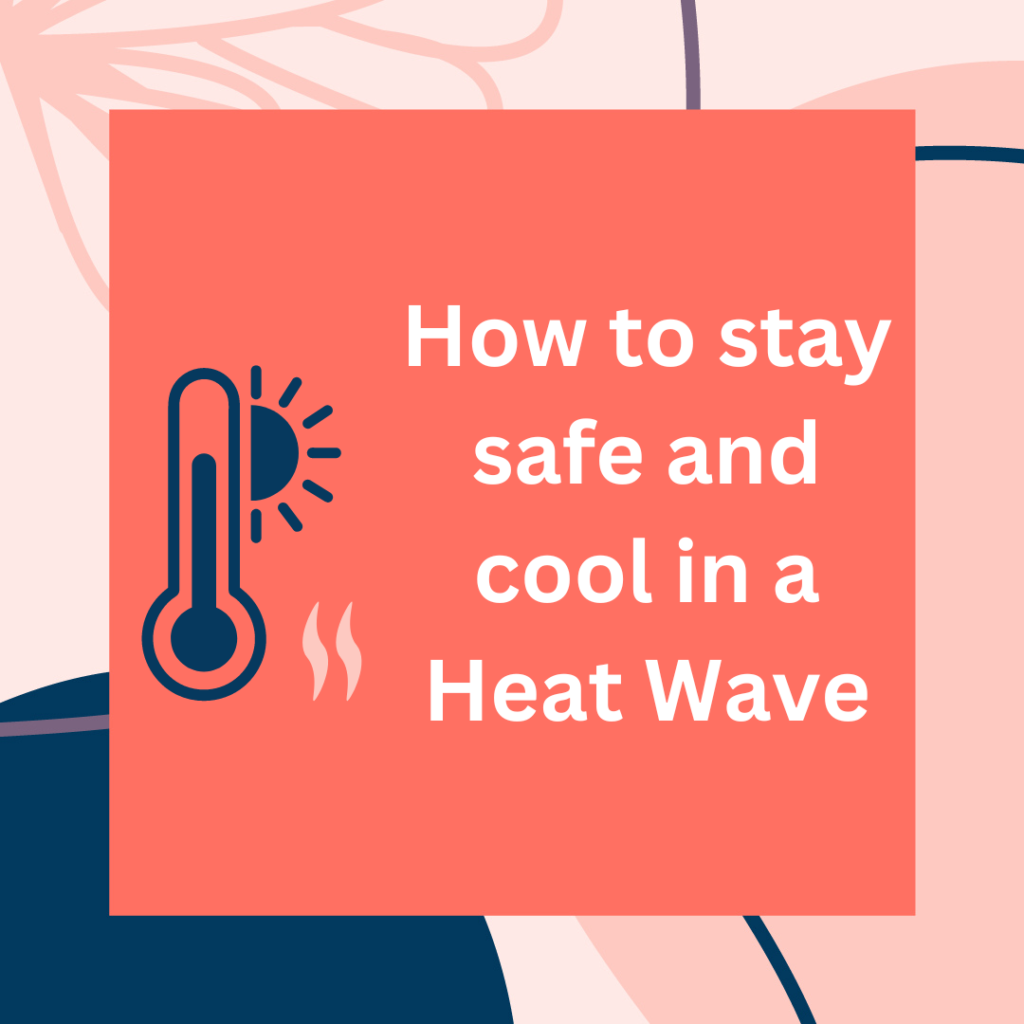
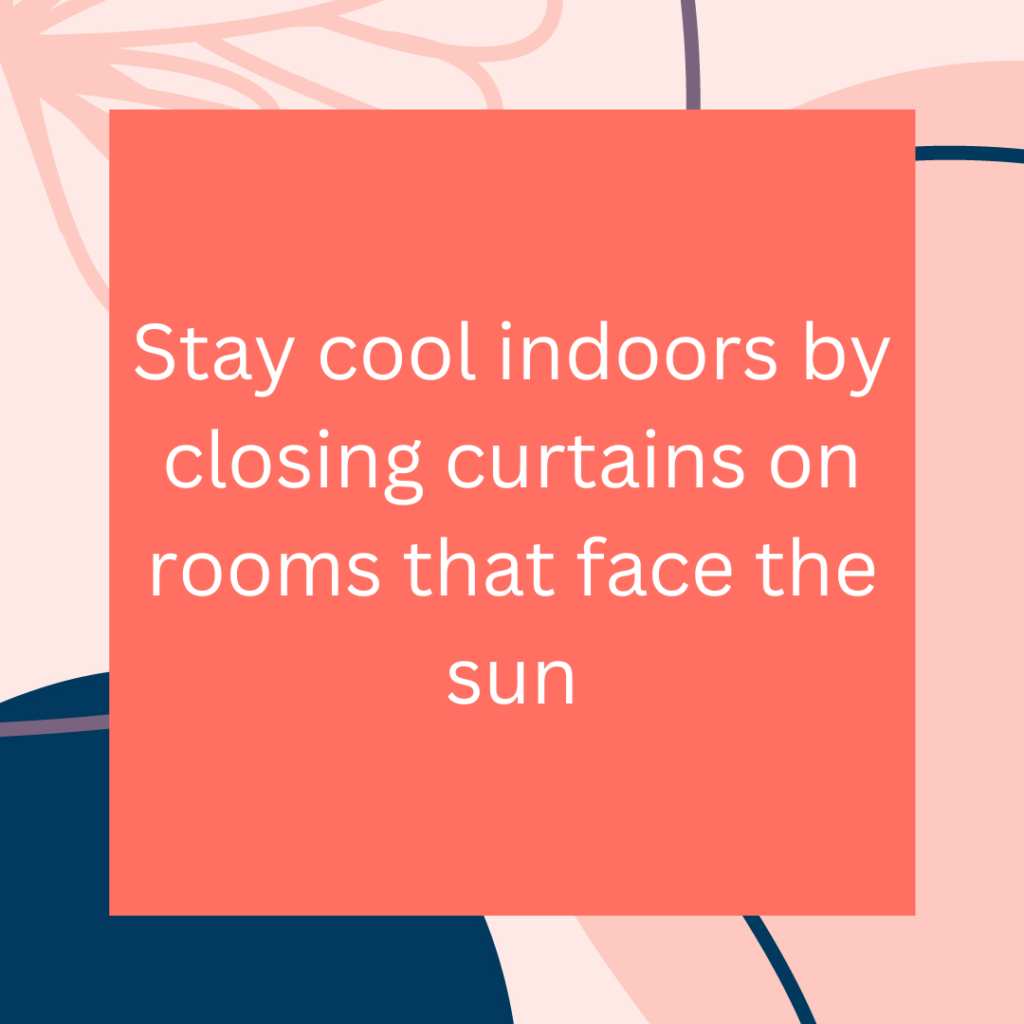




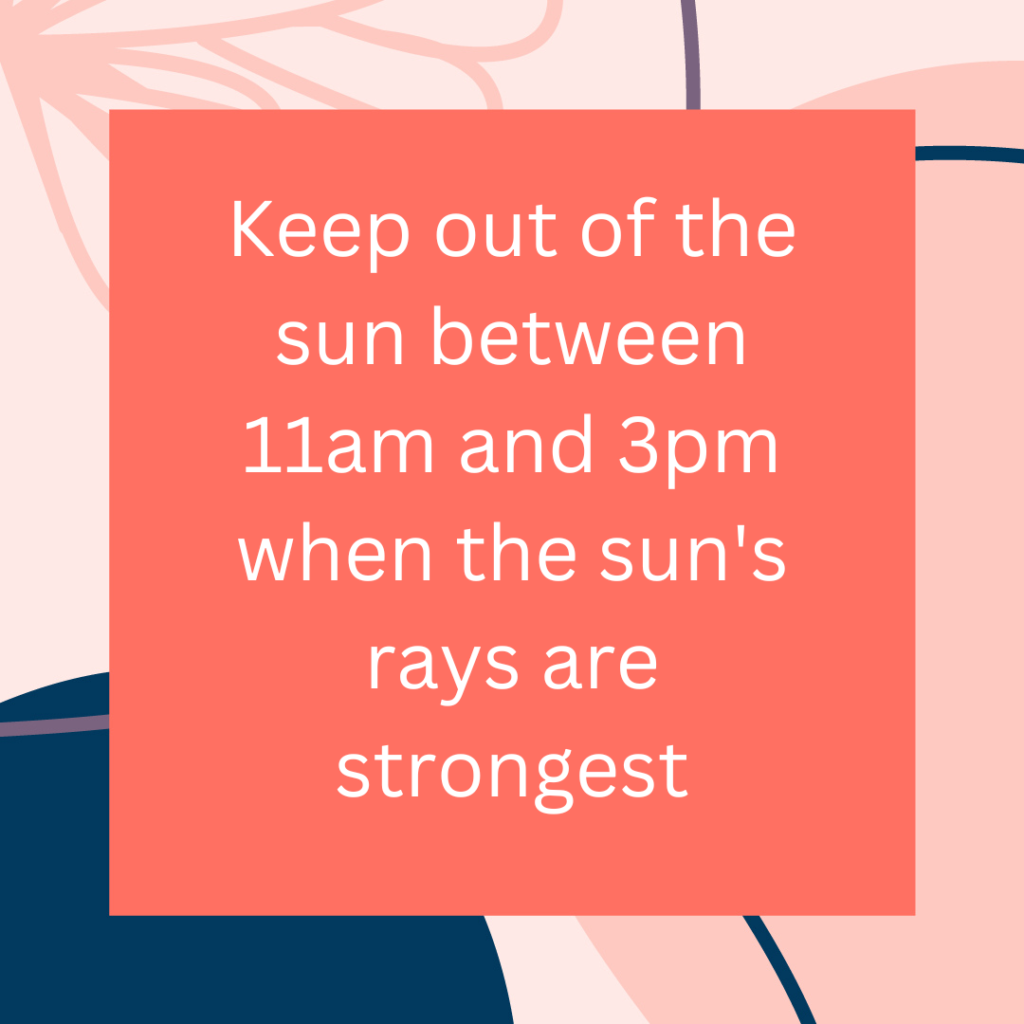


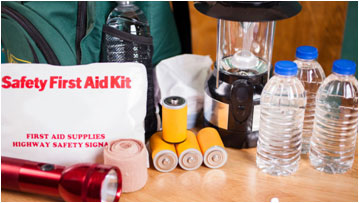


They also include items such as bandages, gauze, tweezers, and gloves. These kits can vary in size depending on how they’re intended to be used.
People may carry a well-stocked kit in their vehicle for treatment of injuries that might occur when traveling.
A person should also always keep a kit in their home, in a location that’s accessible to all adults in the house but out of the reach of children.
A backup kit may also be stored with the family’s emergency supplies.
These should be checked regularly to dispose of and replace any expired items and to replenish any items that have been used. Ideally, this should be done every three months.
If you have medical insurance, put a copy of your policy numbers and your insurance card in your kit, so you can get the appropriate coverage in an emergency.
Keep the immunization records of your children and pets in this kit, so you know what they are protected against should you have to evacuate.
If anyone has serious allergies in your family, have a record of this information in your kit.
If anyone in your family takes medications on a regular basis, list the medications, doses and the doctor who prescribed them, and put this in your kit. Don’t forget to list medications for pets.
While you can’t put all of your medical records into your disaster prep kit for the sake of space, you should include any information about serious diagnosis or procedures you have had done in the past.
While a candle may not illuminate an entire room, it can provide enough light with which to read or write if necessary.
A battery-powered emergency lantern is a great way to light up even a large room during a power outage.
Most headlights use bright LED lights which can emit more than enough illumination to complete basic tasks during a power outage. Just be sure to always keep enough batteries on hand in order to power your headlamps.
Maybe you didn’t think those glow sticks had any real purpose after college. But during a power outage, you may find that they come in handy after all. Of course, once you break a glow stick you have to use the light it emits right away; there’s no on/off switch. But, it’s better than nothing in a pinch, and it can be an especially fun way for kids to ride out a power outage.
Take steps to make sure your bedroom is as cool as it can be at night. During the day, draw the curtains or blinds to keep the sun out. Make sure you close the windows on the sunny side of your home, to keep hot air out. Open all the windows before you go to bed, to get a through breeze.
Reduce your bedding but keep covers handy. Thin cotton sheets will absorb sweat. However hot it is in your bedroom, your body
temperature will fall during the night. That’s why we sometimes wake up feeling cold.
Using even a small fan can be sensible in hot weather, especially when it’s humid. It encourages the evaporation of sweat and makes it easier for your body to regulate your internal temperature. If you don’t have a fan, try filling your hot water bottle with ice cold liquid instead. Alternatively, cool socks in the fridge and put those on. Cooling your feet lowers the overall temperature of your skin and body.
Flat-faced dogs have serious difficulty breathing because of their short muzzles which means in hotter weather they can struggle to cool themselves. Brachycephalic breeds are 146% more likely to suffer heat stroke than other dog breeds.
Smaller animals such as mice, rats, Guinea pigs, ferrets, rabbits, and birds are often confined to cages and hutches preventing them from moving to cooler areas once the temperature rises. In hot weather, these animals should be moved into cool, shady and well-ventilated areas with plenty of fresh, clean drinking water.
Signs may vary between animals, but commonly include:
If you suspect your pet may be suffering heatstroke, contact your vet immediately and seek help.